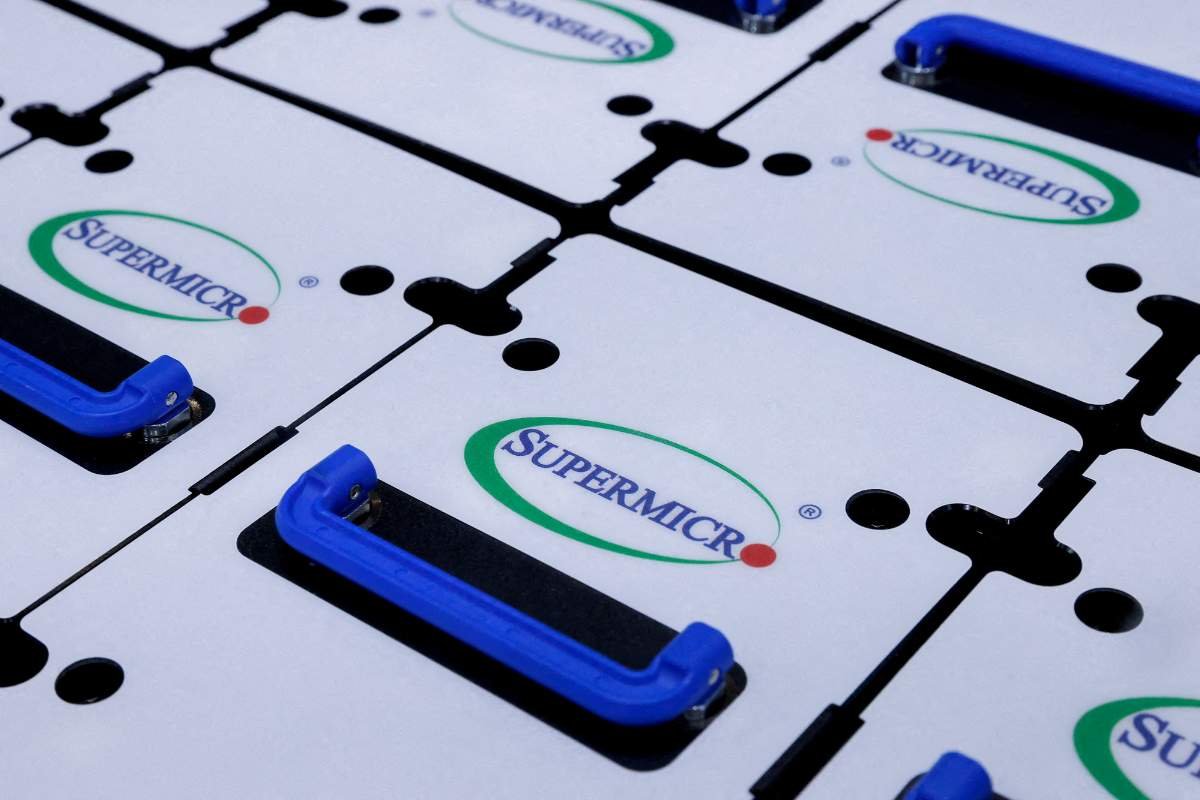According to Ofcom, major phone networks have agreed to automatically ban practically all internet calls from overseas that claim to be from UK numbers. Criminals have been impersonating a real phone call or SMS by exploiting internet-based calling technologies. This summer, phone fraudsters targeted over 45 million people.
Ofcom stated that the measures will be implemented quickly as a “priority.” One phone network has already adopted the new plans, while others are still figuring out how to make them work.
“We’ve been working with telecoms companies to implement technical solutions, including blocking at source, suspicious international calls that are masked by a UK number,” said Lindsey Fussell, Ofcom’s networks, and communications group director. “We expect these measures to be introduced as a priority, and at pace, to ensure customers are better protected.”
She further stated that tackling the phone scams issue was a “complex problem” and that it requires a combined effort from the police, government, other regulators, and industry. The move follows months of discussions between Ofcom and the UK telecoms industry.
Would Restricting Traffic Help?
Every year, millions of people across the world utilize internet-based calling technology, commonly known as Voice Over Internet Protocol (VoIP), to make free or low-cost phone calls. WhatsApp, Skype, Zoom, and Microsoft Teams are some of the most well-known VoIP applications.
Whitehall insiders have put doubt on Ofcom’s intentions as they claim that restricting traffic from international VoIP companies won’t help reduce scam texts and calls since much of the UK still uses 1970s-era copper-based ISDN networks.
Many enterprises, in addition to consumers, employ VoIP technology for internal corporate phone networks. When a business phone network places a call, a VoIP provider transfers the call from the internet to the phone networks, a process known as “SIP trunking.”
Essentiality of Traffic Verification
According to Gabriel Cirlig of Human, a cyber-security firm based in the United States, telcos do not verify the traffic they receive from VoIP providers before allowing it to pass through their networks.
“Recently, because of the ease in implementing your own private enterprise telephone system, everybody can have access to critical telephone infrastructure,” Mr. Cirlig said. “Because of this lower barrier of entry, it is very easy for scammers to build their own systems to spoof mobile numbers – the cybercriminals are essentially pretending to be legitimate corporate telephone networks in order to have access to legitimate telco infrastructure.”





